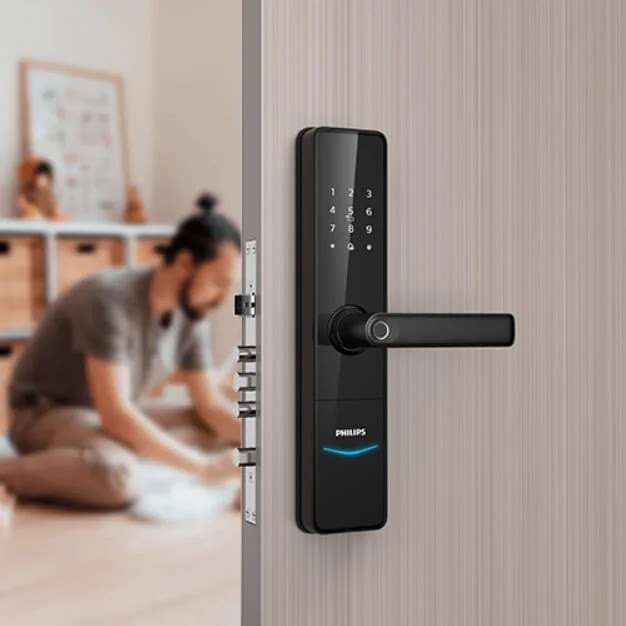Key Takeaways
- The Philippine smart lock market is projected to reach around $8.96 million by 2025, growing at a CAGR of 21.1%.
- Philips Smart Locks lead the market by focusing on robust cybersecurity alongside physical security.
- Advanced features include anti-tamper technology and multi-layer encryption to protect homes and data.
Transforming Home Security in the Philippines
The Philippine smart lock market is experiencing rapid growth, estimated to reach approximately $8.96 million by 2025, marking a compound annual growth rate (CAGR) of 21.1%. This shift indicates an increasing preference for IoT-enabled security solutions, moving beyond traditional locking mechanisms. Philips Smart Locks are at the forefront of this transition, offering comprehensive protection that addresses both physical and digital security threats.
Today’s homeowners expect more than just a reliable physical barrier. They seek convenience provided by smart technologies, such as monitoring when children come home and managing remote access for family and friends. However, these conveniences also expose them to various digital vulnerabilities, including wireless interception and app exploits. The effectiveness of any smart home setup significantly hinges on the strength of its cybersecurity framework.
Philips Smart Locks feature a robust, multi-layered security architecture that defends against both physical tampering and remote breaches at device, cloud, and application levels. Key to this approach is the incorporation of advanced hardware and firmware protections, such as anti-coil protection against high-power attacks and Bluetooth security protocols that thwart signal copying.
On the network and cloud side, Philips employs AES encryption and mutual authentication to secure communications, ensuring that data remains protected during transmission. The Smart Locks application complies with strict global and local standards for information security and data privacy.
Overall, Philips Smart Locks go beyond mere convenience; they set a new benchmark for consumer protection by integrating sophisticated physical technology with advanced cybersecurity measures, thereby safeguarding not just homes but also the personal data of Filipino homeowners.
The content above is a summary. For more details, see the source article.















